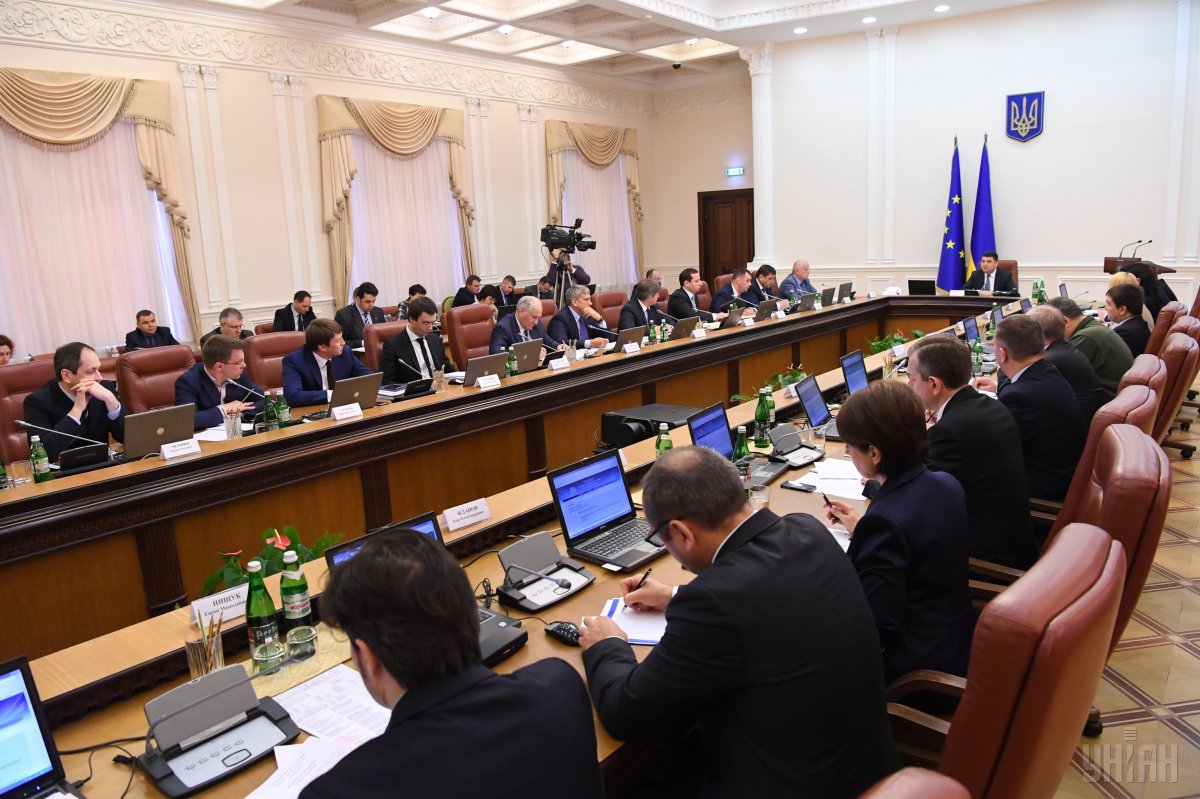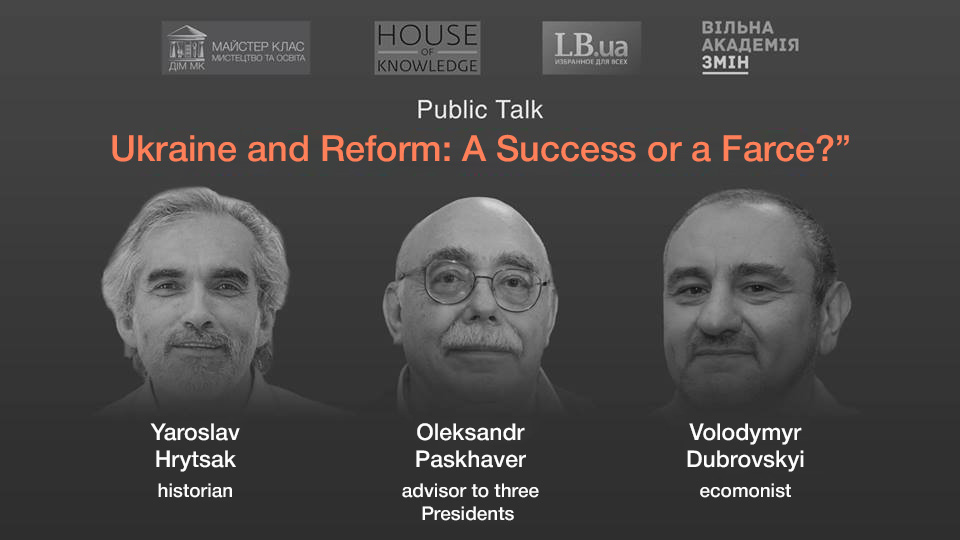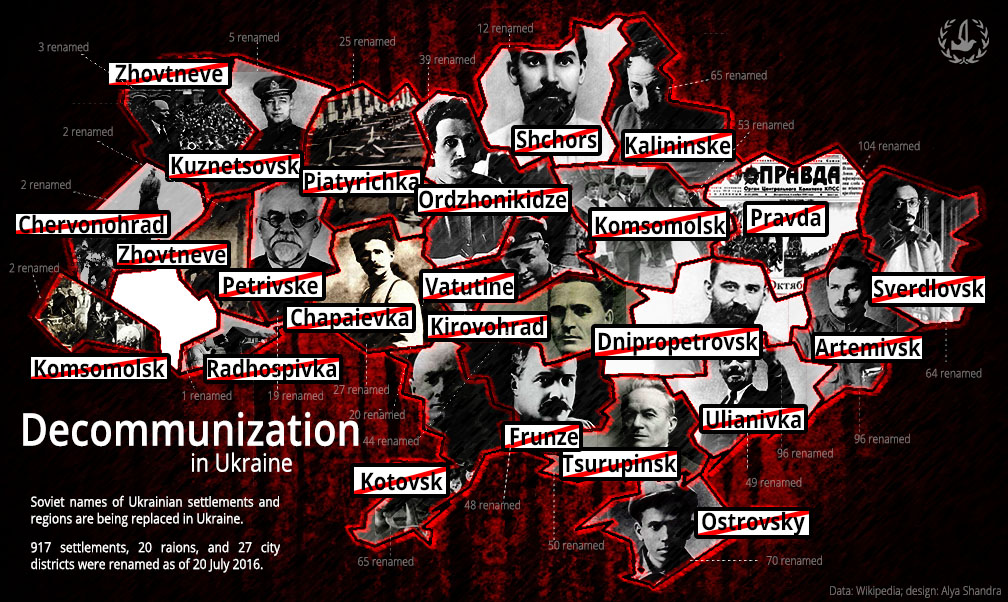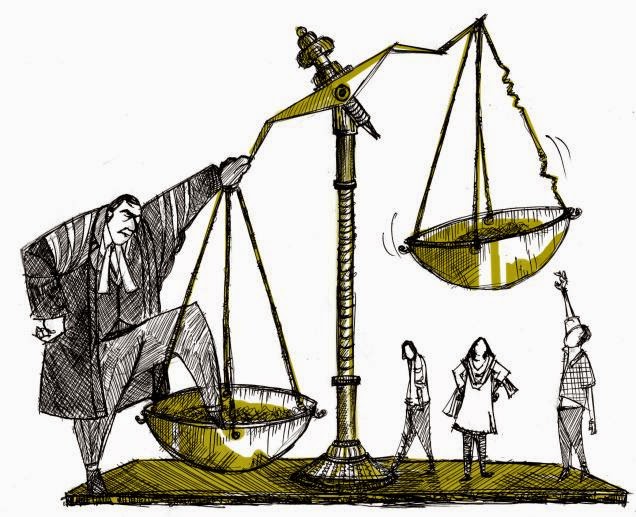On 22 July, it will be 100 days since the appointement of Ukraine's third post-revolutionary government. In April 2016, the appointment was accompanied by such a long and exhausting fuss that Volodymyr Groysman’s team was met rather with apathy than high expectations. 100 days later, experts give the new government a "C-": it rated 4.6 points out of 10.
Too early to make conclusions?
The first 100 days of the work of the new government are a symbolic marker for what we should expect later on. The Ukrainian Cabinet headed by Volodymyr Groysman has already reported on its first successes: foreign investments, the beginning of the reform of the customs service, a renewal of public management.
An expert survey conducted among 42 experts from different civic organizations who rated the Cabinet's success on a 10 point scale, conducted by the Ilko Kucheriv Democratic Initiatives Foundation together with the Reanimation Package of Reforms (RPR), noted that so far the key achievements of Groysman's Cabinet are transforming the energy sector, setting market prices for gas for all categories of users, and resuming dialogue with international financial organizations. Among political achievements, establishing one political line with the Ukrainian president, openness to working with civic organizations, the presence of reformers in the Cabinet and significant economic, not political, ambitions of the ministers were named.
Among problems, experts noted social failures accompanying raised energy tariffs, the Cabinet's HR policy, and the compromised management of the State Fiscal Service. The experts expect the government to fire the officials who discredited themselves, to reduce pressure on businesses, real reforms in the judiciary, prosecution, the functioning of the civil service and anti-corruption policy.
1. Transparency
Experts interviewed in the survey stated that the new government improved cooperation with the civil society and communication with citizens. During the Forum Stepan Kubiv, first Vice Prime Minister stated that his government has an ongoing dialogue with the civil society and business. Requests that come from the broad public, as well as answers to them, are published on the government’s website. He also mentioned the appointment of directors of the state enterprises Ukrzaliznytsia (railway) and Ukrposhta (post) which was performed by an open contest.
However, according to Minister of the Cabinet of Ministers Oleksandr Saenko, many painful and unpopular reforms do not meet understanding on local levels due to lack of proper communication.
2. Energy sector
The experts point out reforms in the energy sector and raising gas tariffs to economically justified levels as one of the key successes of the government. Yet, lack of transparency in forming the prices for energy resources causes a significant setback.
Andriy Zinchenko from RPR stated at the Forum that the decision on raising gas prices was „brave” but lacked proper implementation. Until now, billions of budget costs are spent for subsidizing households, which prevents Ukrainians from learning how to be energy efficient.
On top of that, Ukraine still doesn’t have a legitimate regulator in the energy sector and hasn’t yet developed a complete accounting of own energy resources base.
3. Economic development
Kubiv said that statistics and feedback from businessmen prove some macroeconomic growth, as the economic wing of the government has focused on simplifying doing business and taxation, decreasing regulations, and reforming the management of state enterprises. According to the minister, the trade agreement with Canada has shown how the state can work out quality deals on external markets.
Minister of Finance Oleksandr Danylyuk said that cooperation with the IMF can be considered a success and IMF is Ukraine’s key partner now. One of the biggest challenges, the minister said, is forming a realistic budget that won’t have holes during the course of the year, as well as not injecting finances into spheres that haven’t been reformed yet.
4. Judiciary
According to RPR experts, the reform of the law enforcement organs remains one of the most demanded ones. Taras Shevchenko from RPR said that Ukrainians still experience a lack of justice, just as it was before Maidan.
5. Anticorruption
At the Forum Ukraine’s minister of Justice Pavlo Petrenko said that in the sphere of anticorruption Ukrainians “did the impossible” during last two years. Thanks to the civil society, he said, the most progressive legislation was brought to the parliament. However, Petrenko emphasized on the role of prevention of corruption: decent salaries, transparency in property ownership, and open declarations are key instruments in this.





